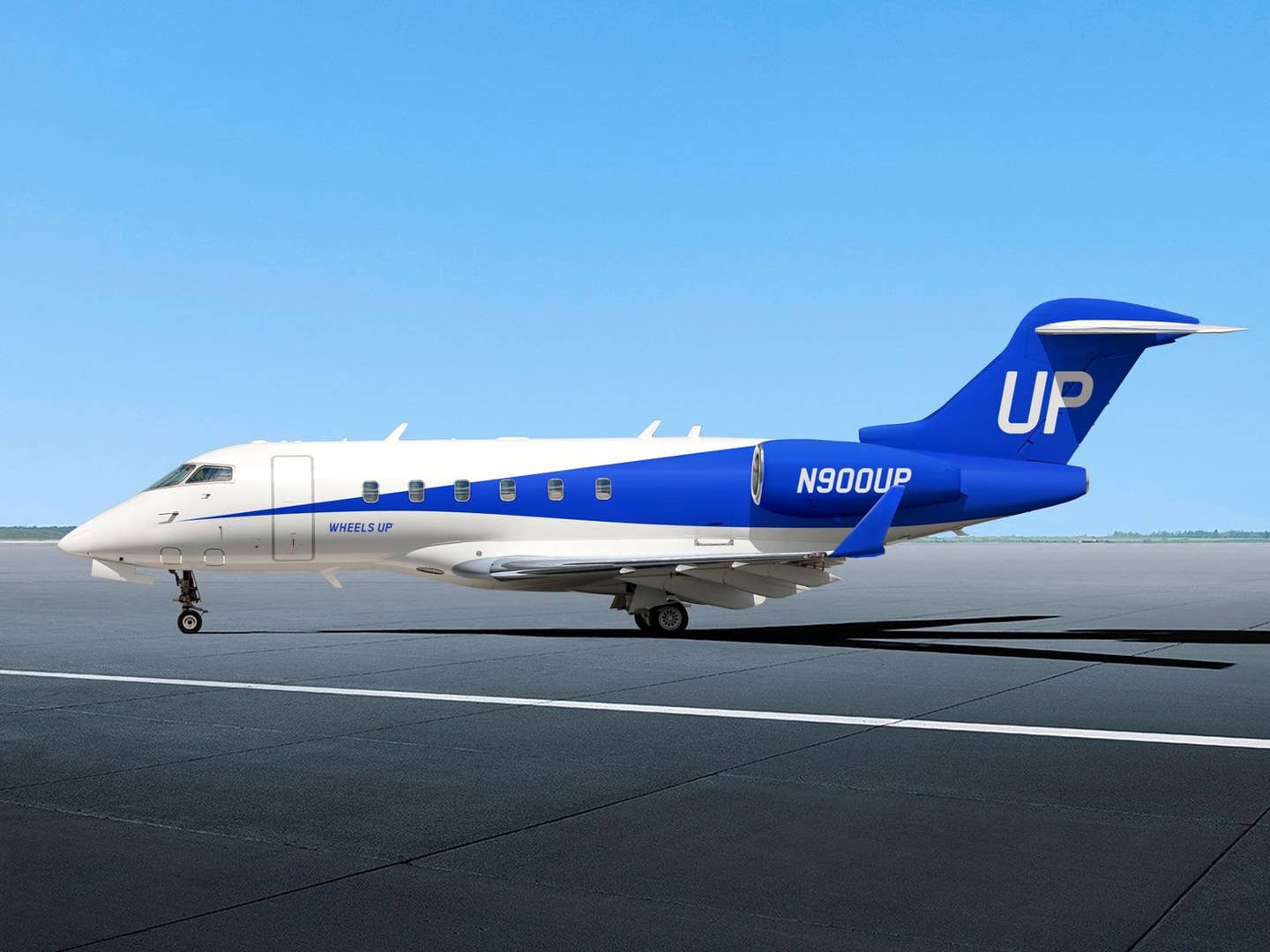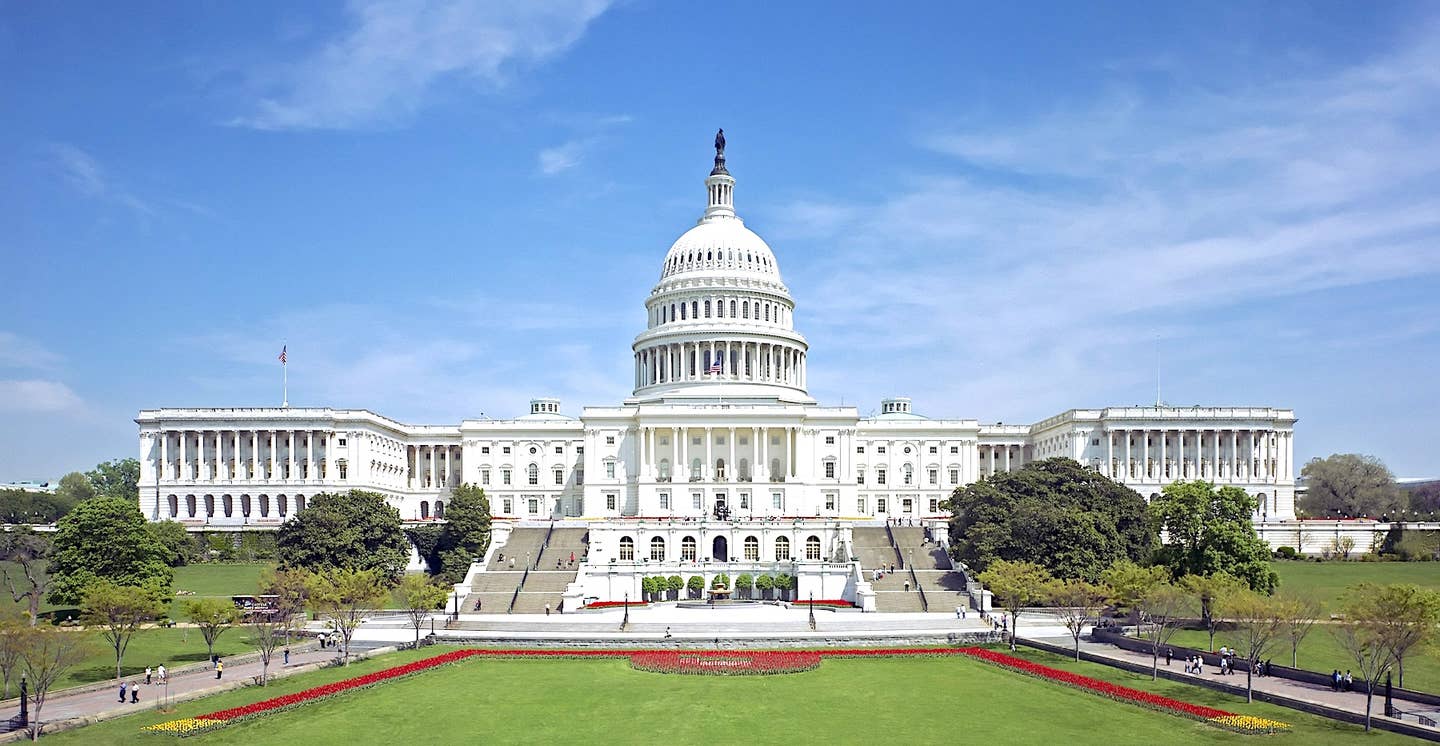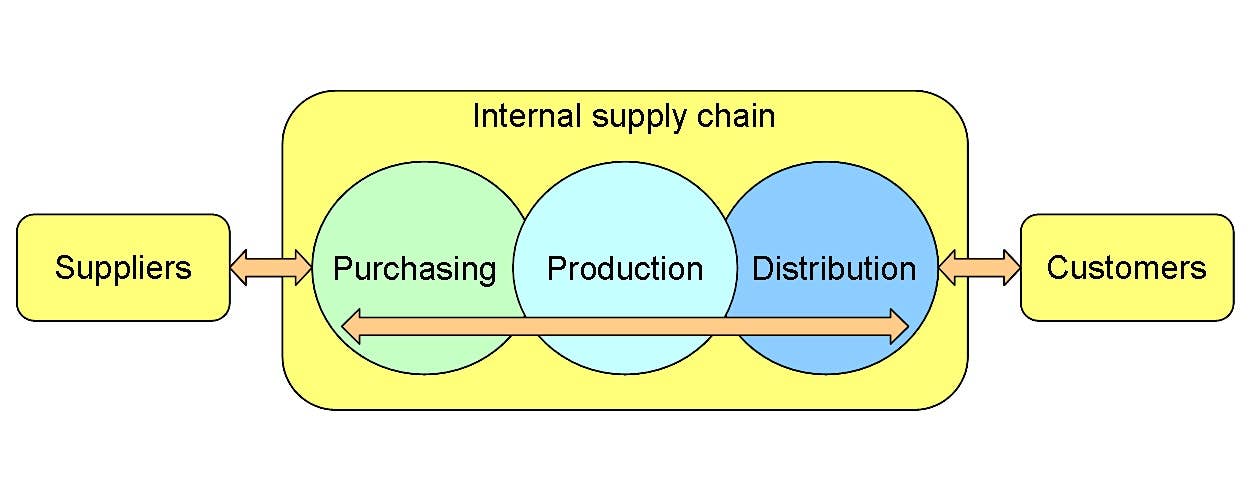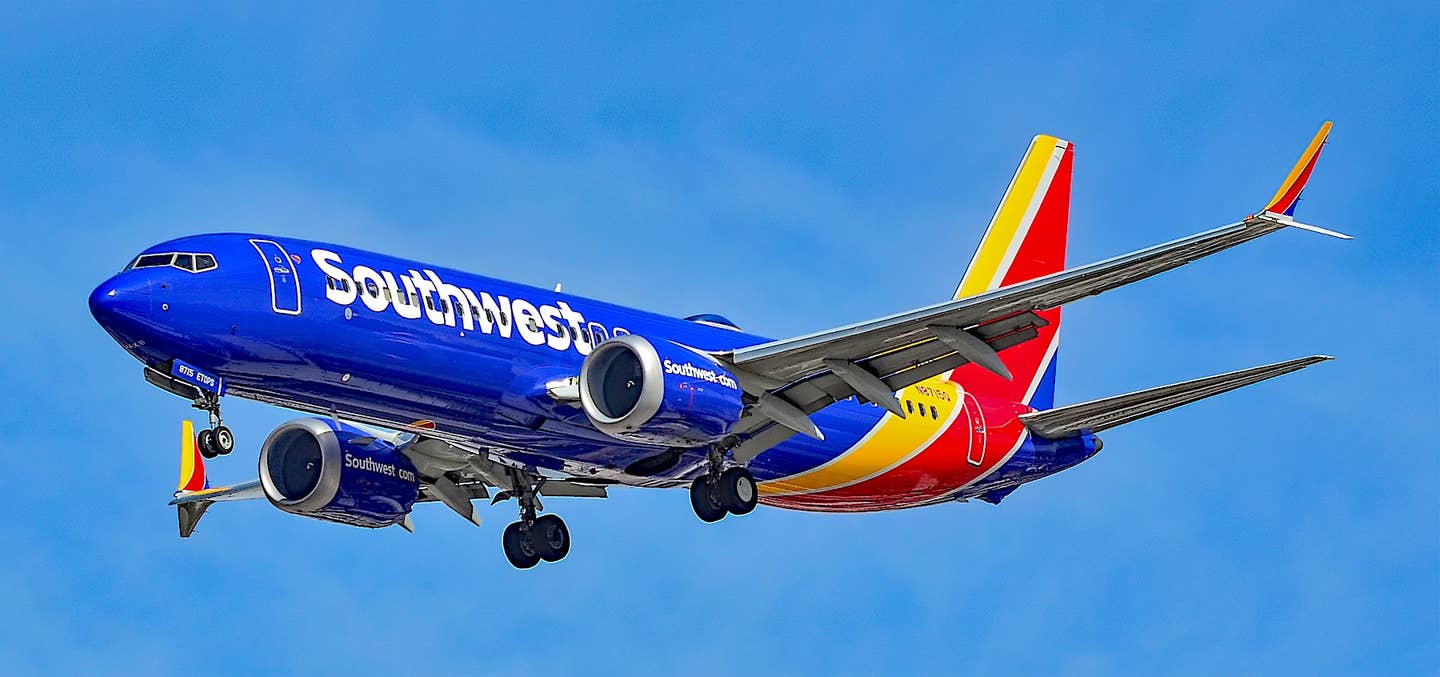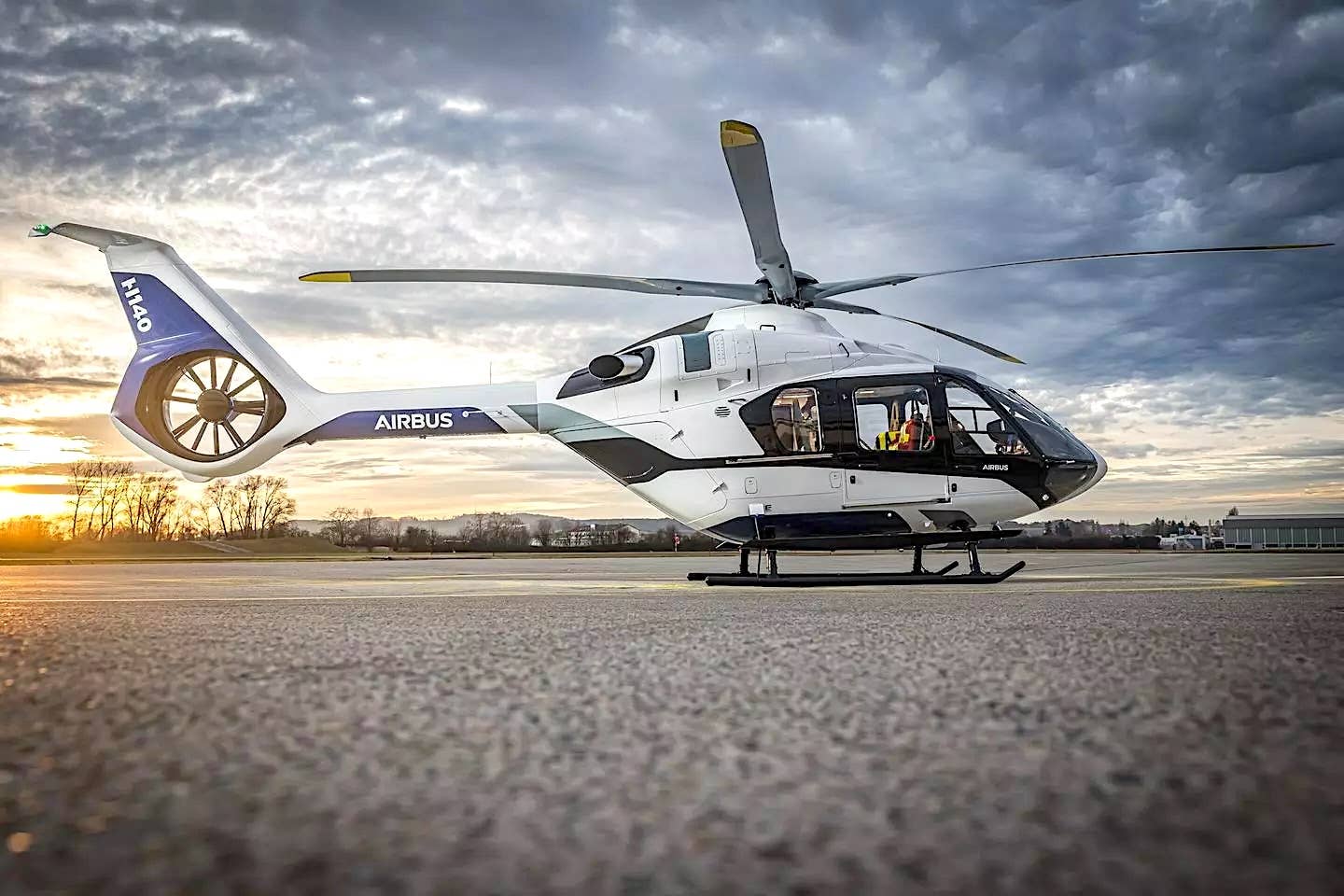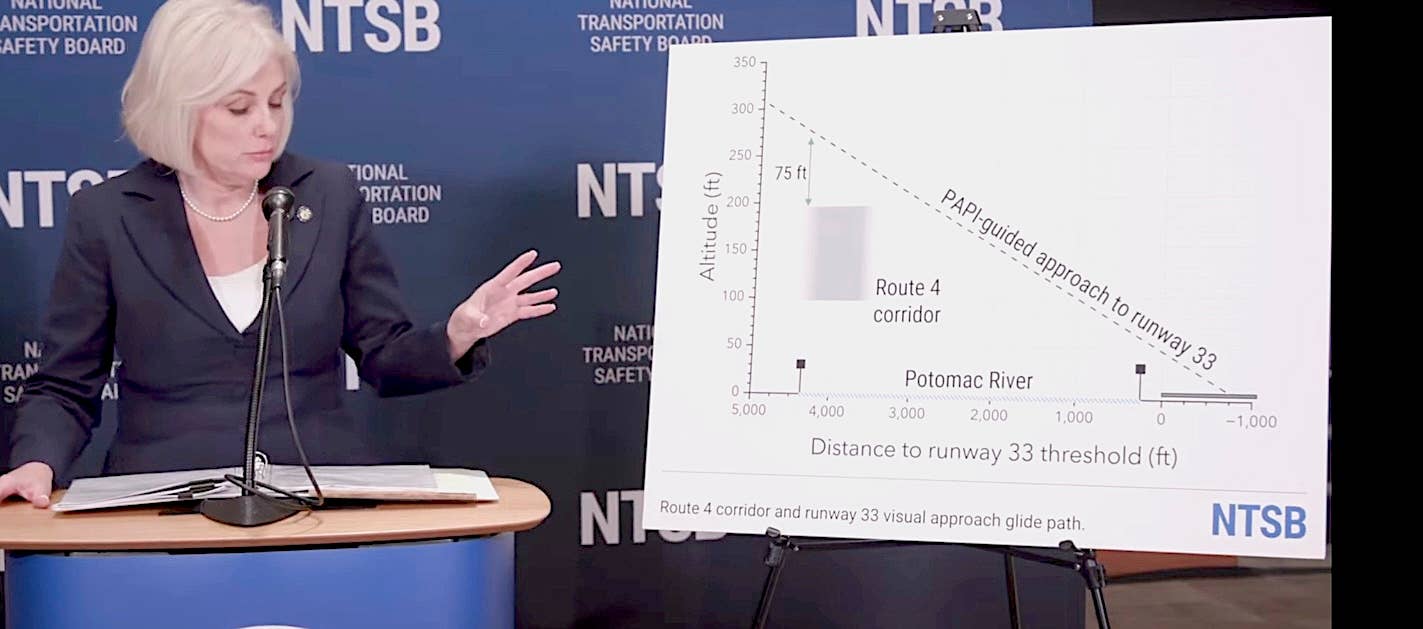FAA Clarifies Flight Training Policy For Limited Category Aircraft
In advance of an official statement, the FAA has clarified its stance on how a recent federal court ruling will affect compensated flight training in limited, experimental and primary category…

In advance of an official statement, the FAA has clarified its stance on how a recent federal court ruling will affect compensated flight training in limited, experimental and primary category aircraft. According to a June 4 letter (PDF), the agency has taken the position that “a flight instructor who is operating (i.e. “using”) a limited category aircraft that is carrying a person (i.e. the person receiving instruction) for compensation (i.e. payment) is acting contrary to the regulation [14 CFR §91.315]” that prohibits carrying people or property for compensation or hire in a limited category aircraft. The FAA also noted that the regulations governing experimental and primary category aircraft—sections 91.319 and 91.325—mirror the language in 91.315 and therefore must be interpreted to have the same meaning and restrictions.
Under this interpretation, owners of aircraft governed by those regulations would be unable to receive flight instruction in their planes without specific permission from the FAA in the form of an exemption or Letter of Deviation Authority (LODA). Labeling the agency’s stance a reflection of “unnecessary and unwarranted guidelines based upon irrational legal positions,” a group of eleven aviation organizations, including the Aircraft Owners and Pilots Association (AOPA), Experimental Aircraft Association (EAA), General Aviation Manufacturers Association (GAMA) and National Business Aviation Association (NBAA), responded to the FAA in a joint letter (PDF) calling for an immediate revision of the agency’s position. The groups cited concerns with a potential degradation in safety caused by limiting access to flight training in specific aircraft makes and models and prohibiting owners from receiving flight instruction in their own aircraft along with the likelihood for bureaucratic overload stemming from a significant increase in requests for exemptions.
“Why the FAA would want to diminish the flight training that made the U.S. aviation system the safest in the world boggles the mind, but that’s what these new policies will do,” said EAA CEO Jack Pelton. “For years, the FAA has correctly stated that training in the specific make and model of aircraft to be routinely operated, with a well-qualified instructor, is the best training. These policies would unnecessarily limit that access and measure of safety.”
As previously reported by AVweb, the issue stems from an April 2 ruling by U.S. Court of Appeals for the District of Columbia Circuit denying a petition to review an emergency cease-and-desist order issued by the FAA against Florida-based “vintage” flight school Warbird Adventures. In that ruling, the court emphasized that 91.315 prohibits carrying people or property for compensation or hire in a limited category aircraft like Warbird’s Curtiss P-40N, further stating that using an aircraft for paid flight training qualified as flight for compensation. “When a student is learning to fly in an airplane, the student is “carr[ied],” the court wrote in its decision (PDF). “And when the student is paying for the instruction, the student is being carried ‘for compensation.’”

